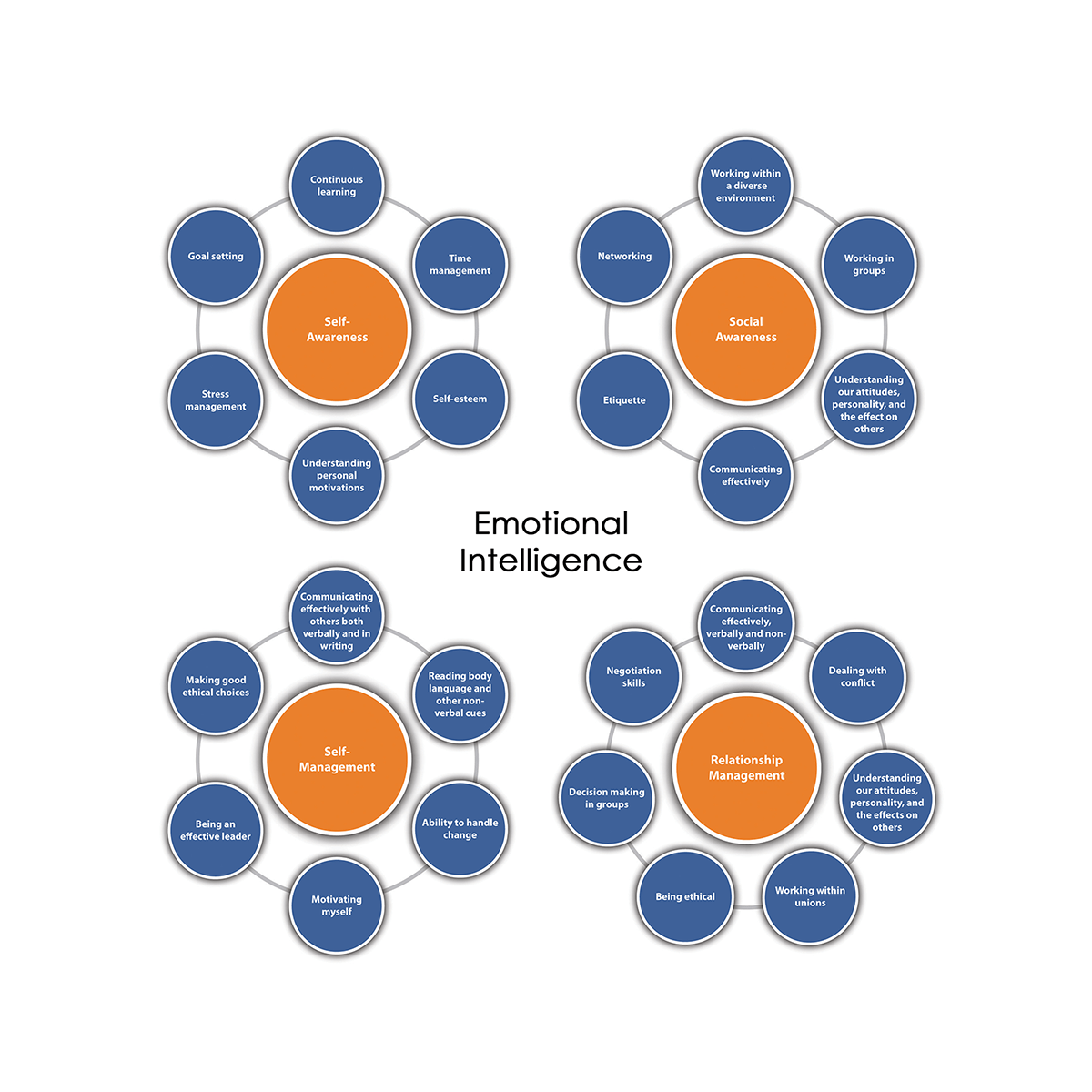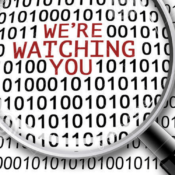This article is an analysis of “The Power Of Wholeness And Healing: Ho’oponopono”
https://www.compassionatelistening.org/post/power-of-wholeness…
First, I want to point out the potential positive aspects of the above mentioned system. I interpret it as coming from a place of “I’m sorry” and “please forgive me” being methods to recognize personal responsibility and potentially increase harmony, as well as other wonderful side-effects like healing. Yay for recognition of personal responsibility and healing! I embrace both as having many far-reaching benefits, including especially growth of personal power and even stronger relationships! So I dig their goals here.
In the system I promote, the “A Practical EmPath” system (PEP) (based on NVC) which is also into personal responsibility, we talk about apologies and forgiveness from a slightly different perspective, looking at both positive and negative implications, both short term and long term.
A lil background
In PEP we lump evaluation and moral judgement into the same general category as ways of interacting to be shifted away from and into recognition of needs and feelings, leading to acceptance, not condoning, agreement, or disagreement).
So for example, we don’t say either “I’m bad,” “I’m good,” “You are smart!” “You are stupid,” “He is handsome,” “She is ugly,” “He is wrong,” or “She is right.”
I want to make extra sure I’m clear that PEP considers “wrong” and “right” as evaluations/judgements that assume too much to be useful or even true.
iOkay so we don’t subscribe to “wrong” and “right”. Instead we may say things like “my preference” and “that works for me,” etc.
Oh and we also choose to avoid giving energy to blame, shame, and guilt. Instead, going with responsibility. We definitely hold people responsible for their actions!
So, if there is no “bad” (moral judgement) and no blame (diagnosis), how can we be sorry? Why should we be sorry? I see “sorry” as part of the blame game, whether it is aimed at yourself or others. But how can we express this in a more healthy way that embraces responsibility, etc? Regret and/or mourning.
The little things may add up
Before I say more on this I want to say that I recognize that from one perspective, the differences in these two perspectives on apology could totally be seen as semantics, given how many similarities there are in these two differing approaches AND the end goals! So yes, I’m quibbling here over details. That said, there is a nugget of value here that I’ll point out at the end, so please bear with me.
More on judgement
What is really healing for people is not that game where we agree that we’re bad or did a bad thing, but rather looking inside and seeing what need(s) of ours were not met by the behavior. And when we are in touch with that, we feel a different kind of suffering. We feel a natural suffering, a kind of suffering that leads to learning and healing, not to guilt or self mutilation (haha).
We may recognize our feelings of regret and needs for mourning. We may acknowledge how our actions affected ourselves and others.
Now we will back up for a moment and look at this from a slightly different angle inspired – as much of this is – by Marshall Rosenberg:
Domination systems require guilt
The idea of penitence is to get people to change. First you have to get people to see what jackasses they are. That’s why one of the first things many children are taught is to say, “Sorry.’
Parent: Say you are sorry.
Child: I’m sorry I ate the cat.
Parent: You’re not really sorry. I can see on your face you are not really sorry.
Child: (starts crying) I’m sorry.
Parent: I forgive you. Let’s get a creamy processed frozen sugar treat to cap the indoctrination!
Giving away your power
Depending of course on the situation – we may be giving away some of our power when we apologize.
“I’m pissed off that you didn’t stop that rain from getting me all wet!”
One approach: “Oh! I’m so sorry! Let me buy you new dry clothes and an umbrella!”
Or: “Are you feeling uncomfortable and annoyed by the rain and wish you had an umbrella?”
This is an example of how one person may try (consciously or subconsciously) to place blame on you for something that is really their own responsibility. We can affirm their blame or we can choose to empathize, which may even gently point out who is really responsible or at least leave space to consider that they are responsible for their own situation.
Leading to – on the other end of the spectrum we may encounter…
Honorable mention: The Purple Speckled Neversorryoid
For some, apology may feel uncomfortable because of strong values for certainty, accuracy, competence, power, and respect.
Integrity and habit
Now here is a key: While the distinction may seem small in the context of “do I say sorry or do I say I did that other thing, to meet my need for comfort or ease?”: This “small” piece is part of a much bigger attitude around judgement and acceptance.
It’s like the difference between
“I will tell truth in these [low impact] situations but not these others” vs “I will tell truth in all situations”
vs
“I’ll practice empathy for people I dig but not people I don’t like.”
To me it’s about integrity and habit. Much easier to build a habit for acceptance when practicing it across the board, even in situations where “sorry” vs “I regret” (or “I’m mourning that choice”) have no obvious difference and “sorry” may even seem more efficient or convey the fullness of the humility you wish to express or just sound more natural.
Spectrum
Finally not finally, I do not see use of apology as black & white. Some practitioners of NVC (which inspired my creation of PEP), can be pretty surprisingly black & white with a hard rule against apologies. If you go deeply into NVC you may find the author (now deceased) would probably have advocated for a more nuanced approach and I agree. I apologize fairly freely myself, but with care, intention, and awareness that while I’m getting the value I want from using “sorry,” I’m also giving some power to the “right/wrong duality” paradigm.











Recent Comments